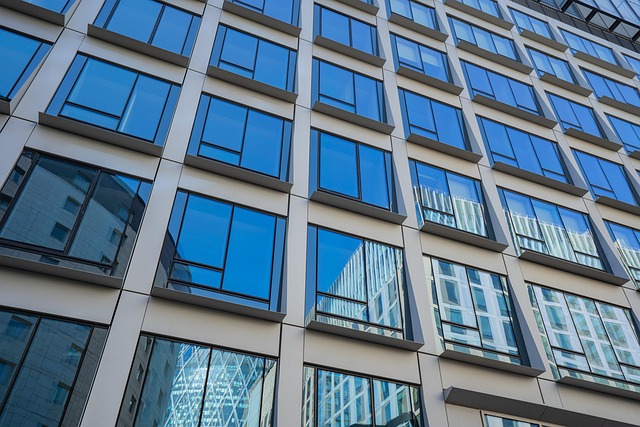Real estate management demands a nuanced approach, addressing distinct needs of office, retail, and industrial spaces. It involves creating productive environments, optimizing layouts, ensuring safety, and balancing maintenance, tenant relations, and strategic planning. Efficient space oversight through strategic planning and data-driven insights maximizes returns, reduces costs, improves satisfaction, and drives property values. Customized approaches for each sector—office, retail, industrial—consider unique operational demands and tenant profiles, from productivity enhancement in offices to customer experience optimization in retail and safety logistics in industries.
In today’s dynamic market, efficient office, retail, and industrial space oversight is a cornerstone for real estate success. This comprehensive guide explores the multifaceted world of space management, delving into the unique challenges and strategic opportunities within each sector. From understanding the scope of property needs to leveraging technology and implementing best practices, we uncover insights that maximize efficiency and drive results. Discover how adaptability, sustainability, and innovative design can revolutionize your real estate portfolio.
Understanding the Scope of Office, Retail, and Industrial Space Management

Managing office, retail, and industrial spaces is a multifaceted endeavor within the realm of real estate. It involves a deep understanding of diverse property types and their unique requirements to ensure optimal utilization and maximum returns. Effective space management in these sectors demands a holistic approach, encompassing facility maintenance, tenant relations, and strategic planning for each specific sector.
In offices, this could mean creating ergonomically designed environments that foster productivity while catering to evolving work patterns. Retail spaces require thoughtful layout planning to enhance customer experiences and drive sales. Industrial facilities necessitate efficient logistics management, safe working conditions, and flexible layouts to accommodate changing production demands. Successful real estate professionals in these areas must stay abreast of market trends, regulatory changes, and emerging technologies that impact space design, sustainability, and operational efficiency.
– The significance of efficient space oversight

Efficient space oversight is a cornerstone in the realm of real estate management, encompassing office, retail, and industrial properties. It involves strategic planning, meticulous execution, and continuous optimization to maximize the value and productivity of each square meter. In today’s competitive market, effective oversight translates into cost savings, enhanced operational efficiency, and improved tenant satisfaction, ultimately driving rental income and property values upward.
By leveraging data-driven insights, real estate professionals can identify opportunities for space reconfiguration, technology integration, or alternative leasing models that cater to evolving market demands. Efficient oversight also promotes sustainability through smart design and energy management practices, contributing to a greener, more appealing environment for occupants and prospective tenants alike.
– Key considerations for each sector

When overseeing office, retail, and industrial spaces in real estate, each sector demands a tailored approach due to distinct operational needs and tenant profiles. For office spaces, considerations include ensuring optimal productivity through efficient layout design, advanced technology infrastructure, and conducive environmental conditions. Additionally, managing common areas and providing amenities that cater to the workforce’s well-being are crucial for attracting and retaining tenants.
In contrast, retail spaces require a strong focus on customer experience and foot traffic. This involves strategic positioning within accessible locations, ample parking or nearby transportation hubs, and a design that encourages browsing and impulse purchases. Effective merchandising, regular updates to keep the space dynamic, and collaboration with local businesses can significantly impact tenant satisfaction and sales performance. For industrial spaces, safety and logistics are paramount. These facilities require ample loading docks, adequate clear height for operations, and efficient layout planning to facilitate smooth inventory management and distribution processes. Moreover, compliance with fire and building codes, along with accessibility for heavy equipment, is essential for a secure and productive work environment.






